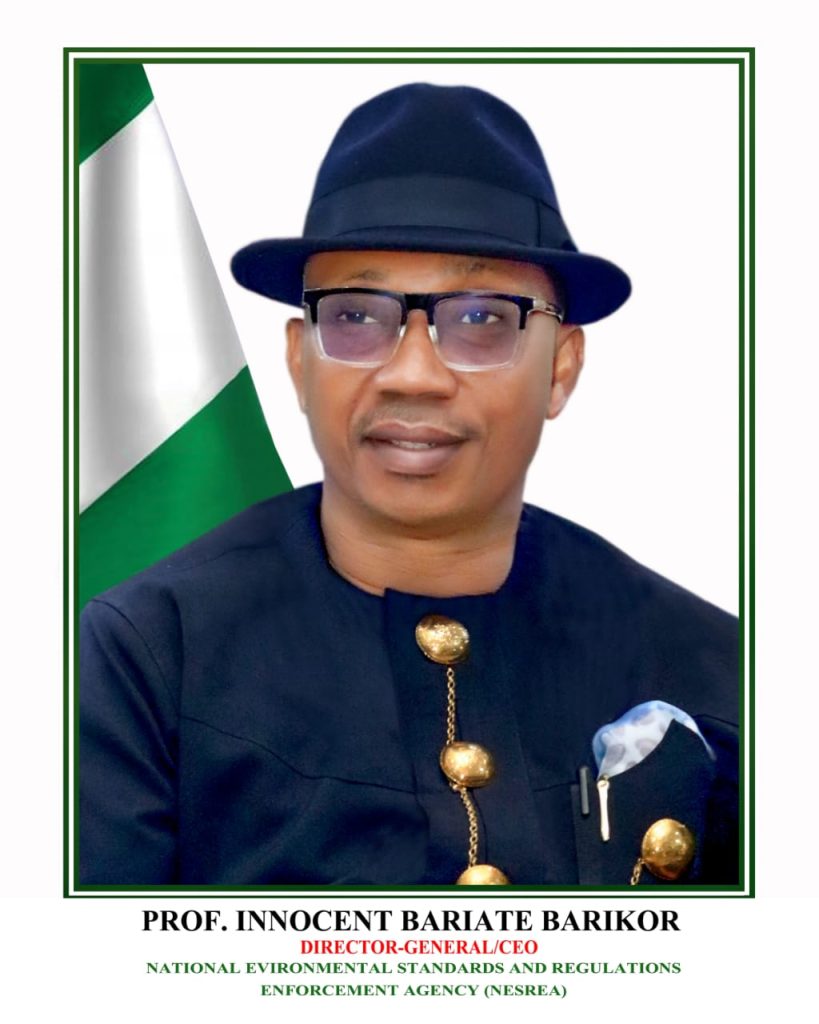4th National Extractives Dialogue holds today in Uyo
By Victor Siokwu - in Eco Economy

The fourth edition of the National Extractives Dialogue (NED 2025) holds today in Uyo, Akwa Ibom State
The fourth edition of the National Extractives Dialogue (NED 2025) holds from Wednesday, 30th to Thursday, 31st July, 2025.
Spaces for Change (S4C), in partnership with the Nigeria Extractive Industries Transparency Initiative (NEITI), National Oil Spill Detection and Response Agency (NOSDRA), Ministry of Solid Minerals Development (MSMD) is convening the meeting in Uyo, the Akwa Ibom State capital with the theme, ‘Transitions, Divestments, and Critical Minerals: Charting a Just Future for Nigeria’s Extractive Sector’, with support from the Ford Foundation.
The roundtable will gather over 150 stakeholders from across West Africa, including government officials, regulators, civil society actors, host community representatives, academia and the private sector for a high-level, solutions-driven conversation on the future of extractive governance in Nigeria.
According to Victoria Ibezim-Ohaeri, Executive Director, S4C, "Nigeria’s extractives sector is undergoing a seismic shift."
She explained that on one front, international oil companies are accelerating their exit from onshore oil assets, raising urgent questions around decommissioning, legacy pollution and community safeguards, while on another front, global demand for critical minerals like lithium and cobalt is drawing renewed attention to Nigeria’s untapped reserves and the regulatory and environmental frameworks that will govern their development.
Against this backdrop, NED2025 comes at a defining moment to pause, reflect and reframe Nigeria’s extractive future.
This dialogue will interrogate pressing questions, especially on how divestment processes are being managed, the safeguards in place for host communities and ecosystems, how Nigeria can avoid a repeat of the extractive injustices of the past, as well as the robust and accountable frameworks needed to manage extractive transitions responsibly.
Source: The Guardian



